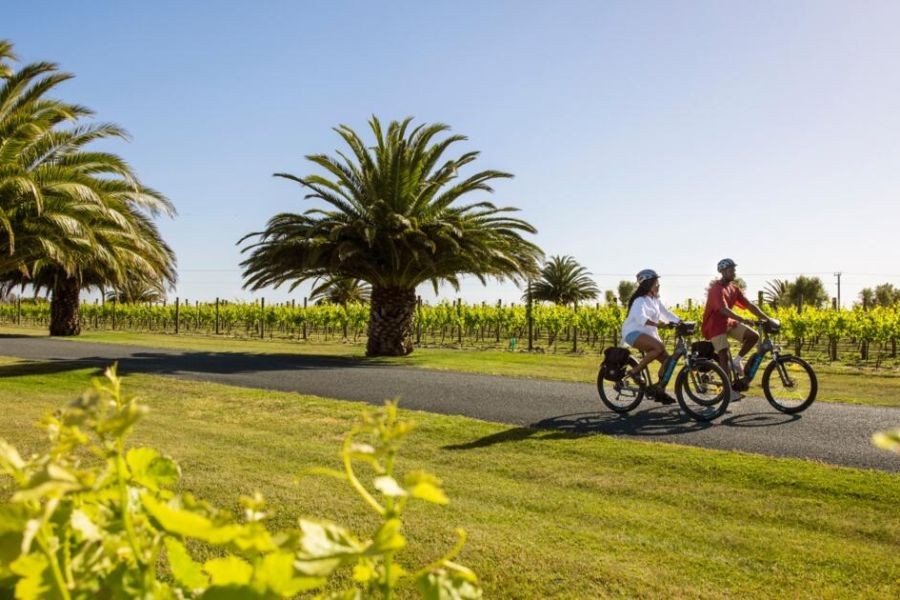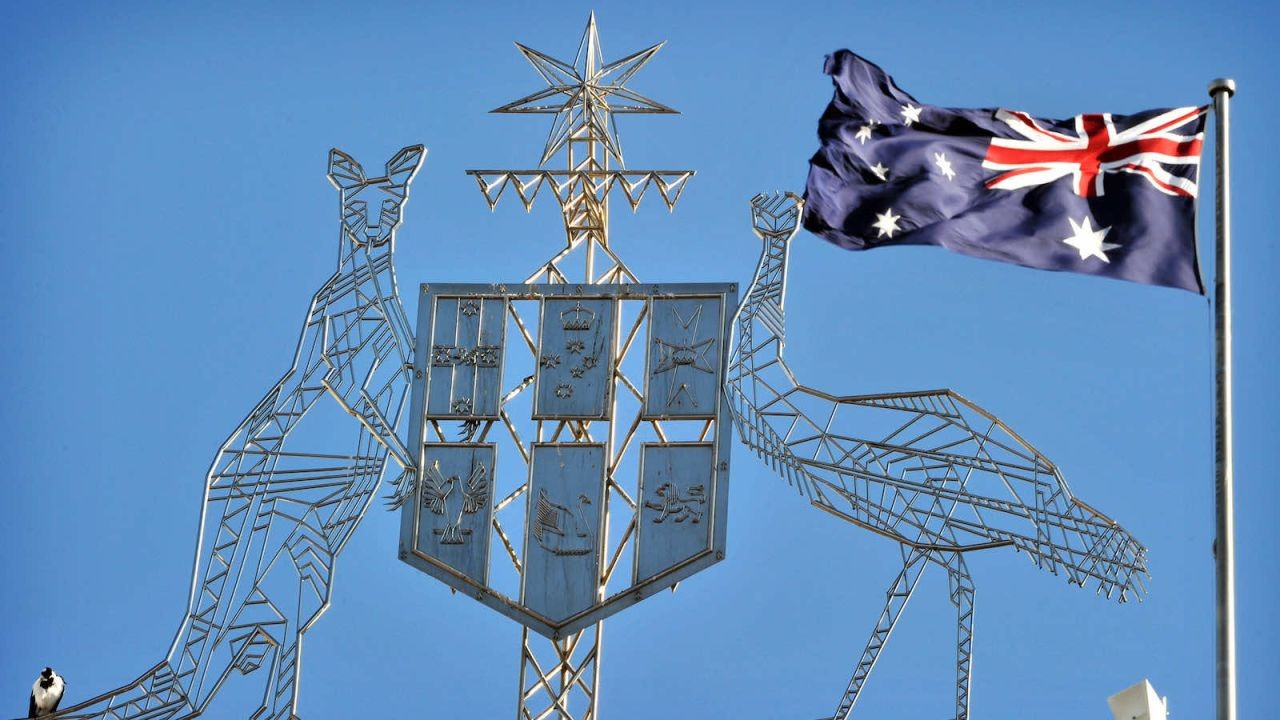In recent years, the surge in demand for vegan products has been driven by the ethical and environmental concerns associated with traditional meat consumption. Many Australians have embraced plant-based diets, aiming to reduce their carbon footprint and promote animal welfare. However, a paradox has emerged: some vegan products may actually be worse for the planet than their meat counterparts. This revelation challenges the conventional wisdom that plant-based diets are inherently more sustainable. In this article, we delve into the complexities of vegan product sustainability, examine the Australian context, and provide insights for regulatory compliance specialists.
The Environmental Impact of Vegan Products vs. Meat
While veganism is often championed for its environmental benefits, not all plant-based products are created equal. The environmental impact of vegan products can vary significantly based on several factors, including sourcing, production processes, and transportation. Let's explore the pros and cons of vegan products versus meat.
Pros of Vegan Products
- Reduced Greenhouse Gas Emissions: Plant-based diets generally result in lower greenhouse gas emissions compared to meat-heavy diets. A study by the University of Oxford found that switching to a vegan diet can reduce an individual's carbon footprint from food by up to 73%.
- Lower Water Usage: Producing plant-based foods typically requires less water than raising livestock. For example, it takes approximately 15,415 liters of water to produce 1 kilogram of beef, compared to 322 liters for 1 kilogram of vegetables.
- Biodiversity Conservation: Plant-based agriculture can have a smaller impact on biodiversity compared to animal farming, which often leads to habitat destruction and species loss.
Cons of Vegan Products
- Resource-Intensive Ingredients: Some vegan products, such as almond milk and avocado, require significant resources to produce. Almond farming, for instance, is water-intensive and has contributed to water shortages in regions like California.
- Transportation Emissions: Many vegan products are imported from distant countries, resulting in high transportation emissions. Australia imports a substantial portion of its plant-based foods, increasing the carbon footprint of these products.
- Monoculture Farming: The cultivation of specific crops for vegan products often relies on monoculture farming, which depletes soil nutrients and increases pesticide use.
Case Study: Australian Almond Industry
The almond industry in Australia provides a compelling case study of the environmental complexities of vegan products. Almonds are a popular ingredient in vegan diets, often used in milk alternatives and snacks. However, their production is water-intensive. According to the Australian Bureau of Statistics (ABS), almond production in Australia consumes around 12,000 liters of water per kilogram, posing sustainability challenges in water-scarce regions like the Murray-Darling Basin.
This case study highlights the importance of considering local environmental factors when assessing the sustainability of vegan products. While almonds are a nutritious and versatile ingredient, their production may not align with Australia's water conservation goals.
Regulatory Insights: The Role of the ACCC
The Australian Competition & Consumer Commission (ACCC) plays a crucial role in ensuring that vegan products are accurately labeled and marketed. Misleading claims about the sustainability of vegan products can misinform consumers and undermine trust. The ACCC enforces guidelines to prevent greenwashing, ensuring that companies accurately represent the environmental impact of their products.
For regulatory compliance specialists, understanding ACCC guidelines is essential to help businesses navigate the complex landscape of eco-labeling. Accurate labeling not only complies with regulations but also builds consumer trust, a valuable asset in the competitive vegan market.
Myths and Misconceptions
Several myths surround the sustainability of vegan products. Let's debunk some common misconceptions:
- Myth: All vegan products are environmentally friendly. Reality: The environmental impact of vegan products varies significantly. Some plant-based foods, like almonds and avocados, have high resource demands.
- Myth: Vegan diets always have a lower carbon footprint than meat-based diets. Reality: While vegan diets can reduce carbon emissions, certain vegan products with long supply chains may negate these benefits.
- Myth: Plant-based foods are always more sustainable than local meat. Reality: Locally-sourced, sustainably-raised meat can have a lower environmental impact than imported vegan products with high transportation emissions.
Real-World Examples and Future Trends
Globally, companies are innovating to create more sustainable vegan products. For instance, plant-based meat alternatives like Beyond Meat and Impossible Foods have gained traction by using less water and land compared to traditional beef production. However, their production processes still require significant energy input.
In Australia, the trend towards regenerative agriculture is gaining momentum. This approach focuses on restoring soil health and biodiversity, offering a sustainable path for both plant-based and animal farming. As consumers increasingly prioritize sustainability, the industry is likely to see more innovations aimed at reducing the environmental impact of vegan products.
Conclusion
The notion that all vegan products are inherently better for the planet than meat is an oversimplification. As this article has explored, the sustainability of vegan products depends on various factors, including resource use, transportation emissions, and local environmental conditions. For regulatory compliance specialists, understanding these nuances is crucial in guiding businesses towards more sustainable practices and accurate product labeling.
As Australia continues to embrace plant-based diets, businesses must navigate the complex landscape of sustainability claims. By adhering to ACCC guidelines and considering local environmental factors, companies can build trust with consumers and contribute to a more sustainable future.
Call to Action
What are your thoughts on the sustainability of vegan products? Share your insights and experiences in the comments below. Stay informed and subscribe to our newsletter for the latest updates on sustainability trends and regulatory insights in Australia.
Related Search Queries
- Environmental impact of veganism in Australia
- Sustainable vegan products
- ACCC guidelines on product labeling
- Regenerative agriculture in Australia
- Water usage in almond farming
- Comparing vegan and meat carbon footprints
- Greenwashing in the vegan industry
- Future of plant-based diets in Australia
- Local vs. imported vegan products
- Monoculture farming and sustainability



























JaquelineG
10 months ago